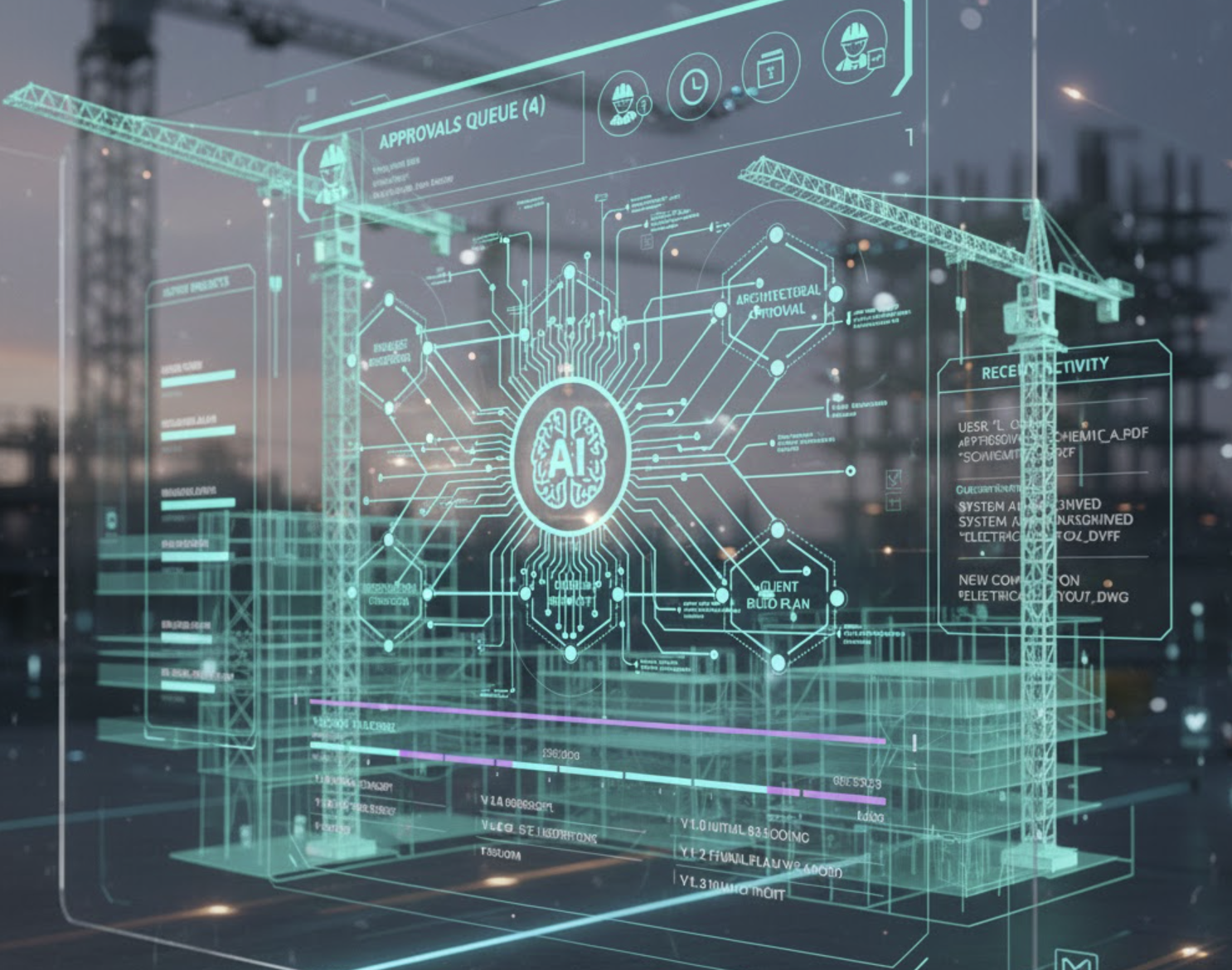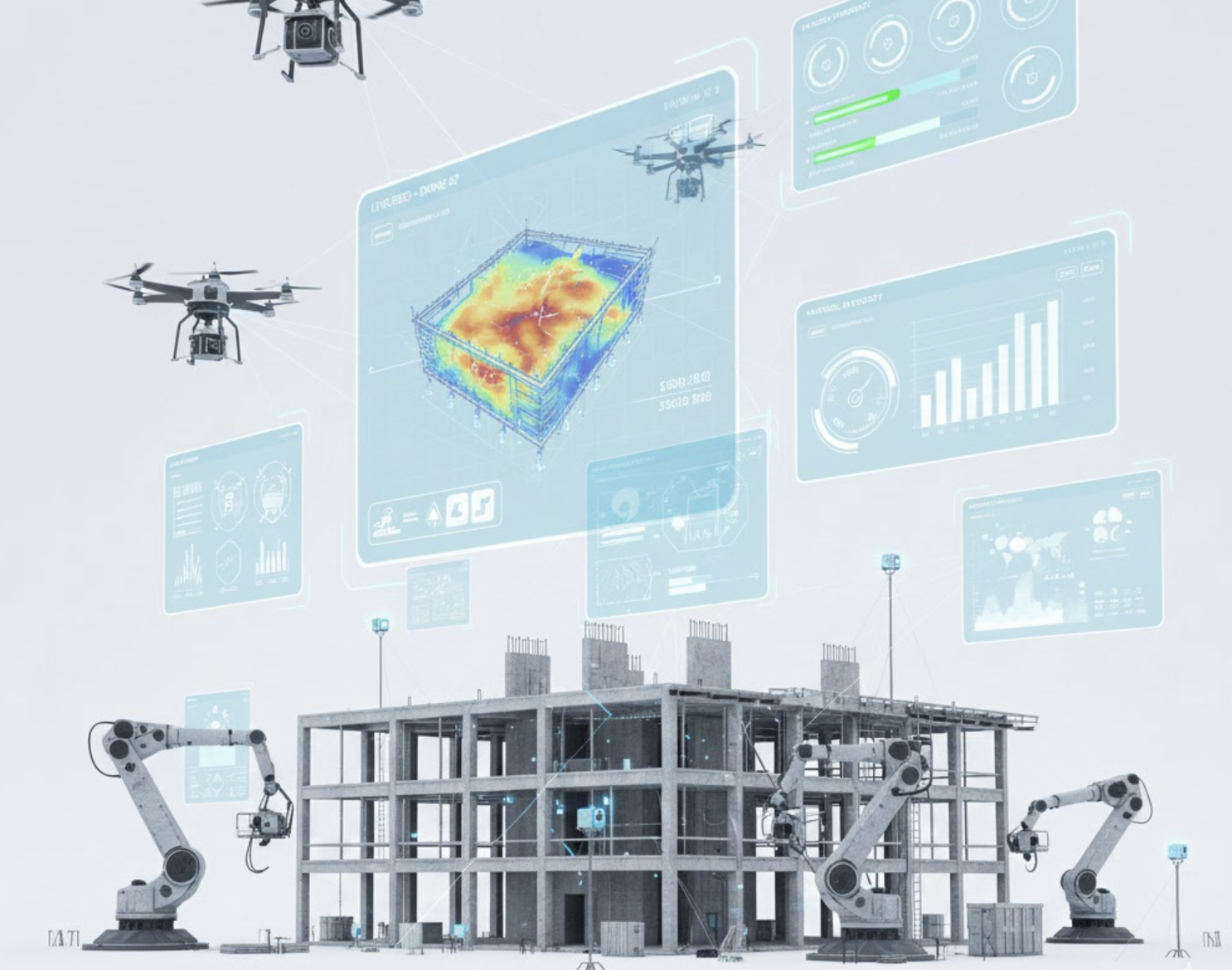Integrating Risk Conversations into Daily Project Updates
In the ever-evolving landscape of construction project management, integrating risk conversations into daily project updates is crucial for the success and efficiency of construction projects. This approach ensures that teams and stakeholders are aware of and prepared to address potential risks proactively, enhancing the project’s resilience against unexpected events.
Understanding Risk Identification and Analysis
Risk management begins with a thorough understanding of risk identification and analysis. Involving team members across all levels in the risk identification process is pivotal. Diverse insights from various stakeholders help recognize challenges that might not be evident to everyone, creating a more comprehensive risk management strategy.
Regular discussions on risks ensure continuous awareness and understanding of potential issues. This proactive approach fosters a culture where identifying, analyzing, and communicating about risks is integral to the team’s daily operations. By making risk discussions a routine part of daily updates, project teams can ensure that they stay ahead of potential roadblocks.
Best Practices for Effective Risk Discussions
Effective risk management requires well-defined practices. Engaging all project stakeholders in the risk identification process ensures a broad perspective and comprehensive understanding of potential risks. Here are some best practices to consider:
- Involving the Team: Engage all project stakeholders in risk identification to accurately assess both current and emergent risks. Inclusivity leads to more thorough analysis.
- Regular Risk Meetings: Schedule consistent meetings to discuss ongoing risks, update the risk register, and review plans for risk response. This keeps risk management at the forefront of team priorities.
- Documentation and Communication: Maintain a transparent and well-documented risk register. Clear communication of identified risks and proposed mitigation strategies is vital for alignment among all stakeholders.
Developing a Risk Management Plan
A robust risk management plan must include key components:
- Risk Identification: Recognizing potential risks.
- Risk Analysis: Conducting qualitative and quantitative analyses to assess the impact and probability of risks.
- Risk Response Planning: Developing strategies to mitigate or manage identified risks.
- Monitoring and Control: Continuous monitoring of risks and adjustments to the risk management plan as necessary.
- Communication Plan: Ensuring all stakeholders are informed about risks and the plans crafted to address them.
Role of the Risk Register
The risk register plays a critical role in project management as a centralized document that logs all identified risks, their analysis, response strategies, ownership, and current status. This evolving document is crucial for keeping the project team aligned as new risks arise or existing ones change. Tools like those provided by Zepth can enhance the risk register by integrating cost and schedule risk analysis, providing valuable insights to decision-makers.
Role of Zepth in Risk Management
Zepth’s construction project management software is designed to seamlessly integrate risk conversations into daily updates. By leveraging Zepth, project teams can:
- Improve their risk management capabilities.
- Reduce the risks of cost overruns and delays.
- Foster a more resilient approach to construction management through continuous awareness and proactive risk mitigation.
Statistics and Impact
Regular risk discussions can significantly impact project outcomes by identifying and mitigating potential risks early. Studies have shown that proactive risk management can lead to better project outcomes and reduced risks of cost overruns and delays.
Use Cases and Emerging Innovations
Integrating risk conversations into daily project updates ensures that teams are always aware of the current risk landscape, allowing for swift action when necessary. Emerging innovations play a significant role in enhancing risk management:
- Daily Risk Updates: Consistent integration of risk conversations keeps the team updated on the current risk landscape.
- Collaborative Risk Management: Tools like Zepth facilitate collaborative risk management by enabling all stakeholders to contribute to risk identification and mitigation strategies.
- Advanced Risk Analysis: Leveraging advanced analytics and AI enhances risk identification and analysis, providing more accurate and predictive insights for project managers.
By following these best practices and leveraging tools like Zepth, construction project teams can enhance their risk management capabilities, leading to more successful and resilient project outcomes. For more on how Zepth can support your construction project management, visit Why Zepth?.




